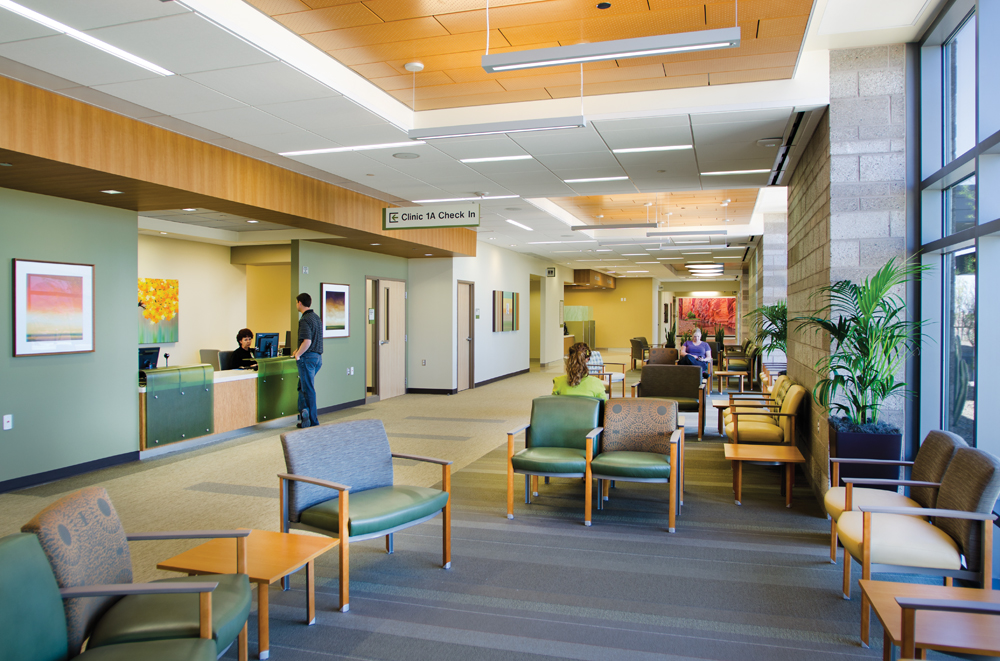
However, the fragile health systems in the 46 sub-Saharan African nations are poorly equipped to tackle this looming health crisis, with many problems including incomplete cancer data registries, poor availability of and access to screening, diagnostics, and treatment, insufficient provision of palliative care, and a huge shortfall of trained medical personnel compounding the deteriorating situation. Long affected by infectious diseases and malnutrition, the population of this region is now increasingly afflicted by non-communicable diseases, including cancer. The Lancet Oncology Commission on cancer in sub-Saharan Africa highlights the rapidly escalating cancer burden in this resource-poor area of the world.

Development of evidence-based recommendations to accelerate innovation remains a crucial aspect of clinical practice and research in this area. In the second paper, Maria Kyrgiou and colleagues present the 2022 consensus recommendations on the terminology for cone dimensions after local conservative treatment for cervical intraepithelial neoplasia and early invasive cervical cancer from the European Society of Gynaecologic Oncology, the European Federation for Colposcopy, the International Federation of Cervical Pathology and Colposcopy, and the European Society of Pathology. In the first paper in this Series, Ignace Vergote and colleagues present the consensus recommendations from the sixth Gynecologic Cancer InterGroup (GCIG) Ovarian Cancer Consensus Conference on Clinical Research. In view of the prevalence of gynaecological cancers and the substantial burden these diseases have on women around the world, coordinated efforts are still very much needed to optimise treatments for these cancers.


The Lancet Gastroenterology & Hepatology.


 0 kommentar(er)
0 kommentar(er)
